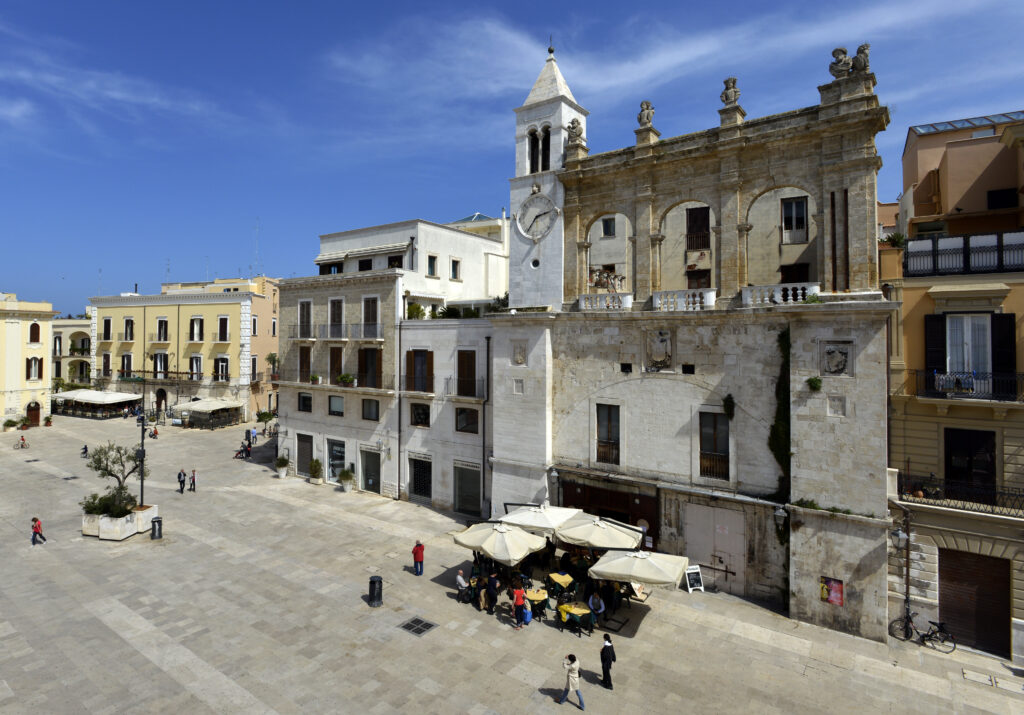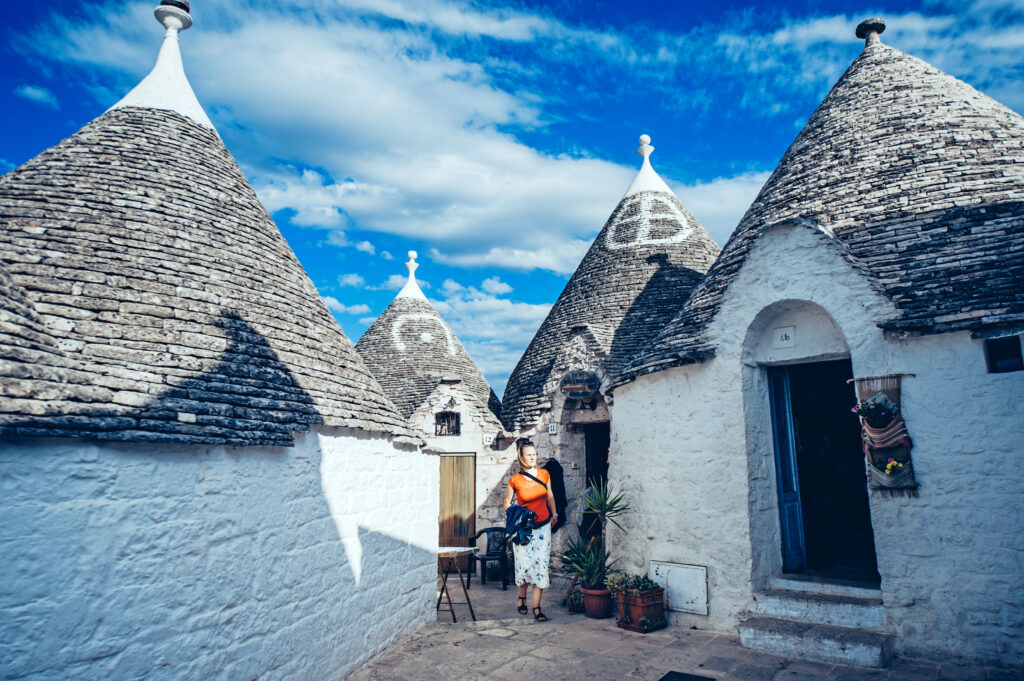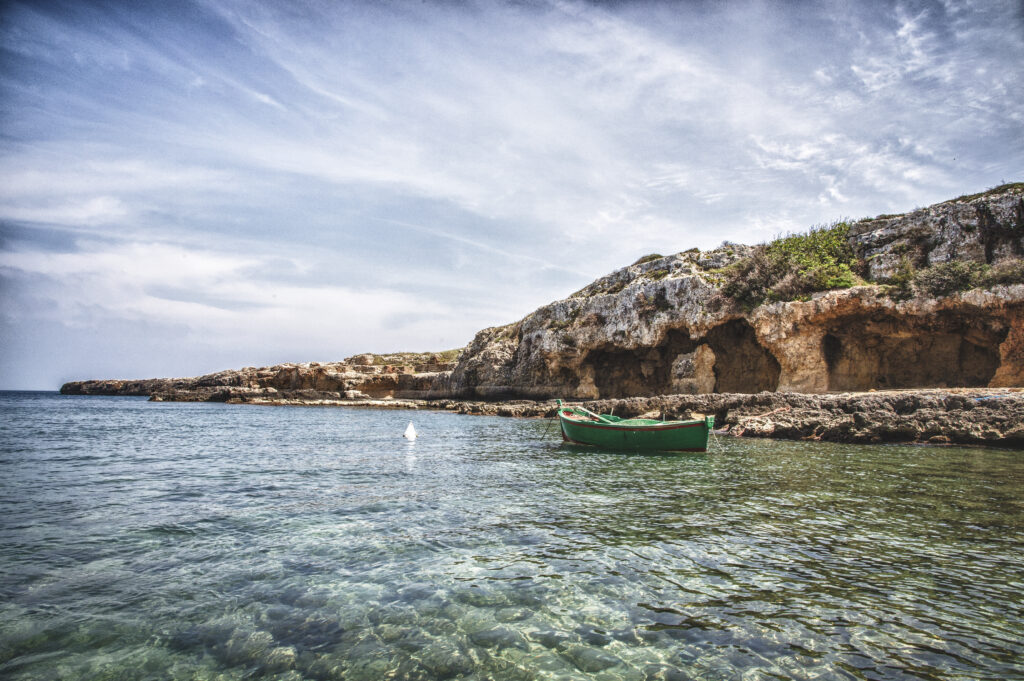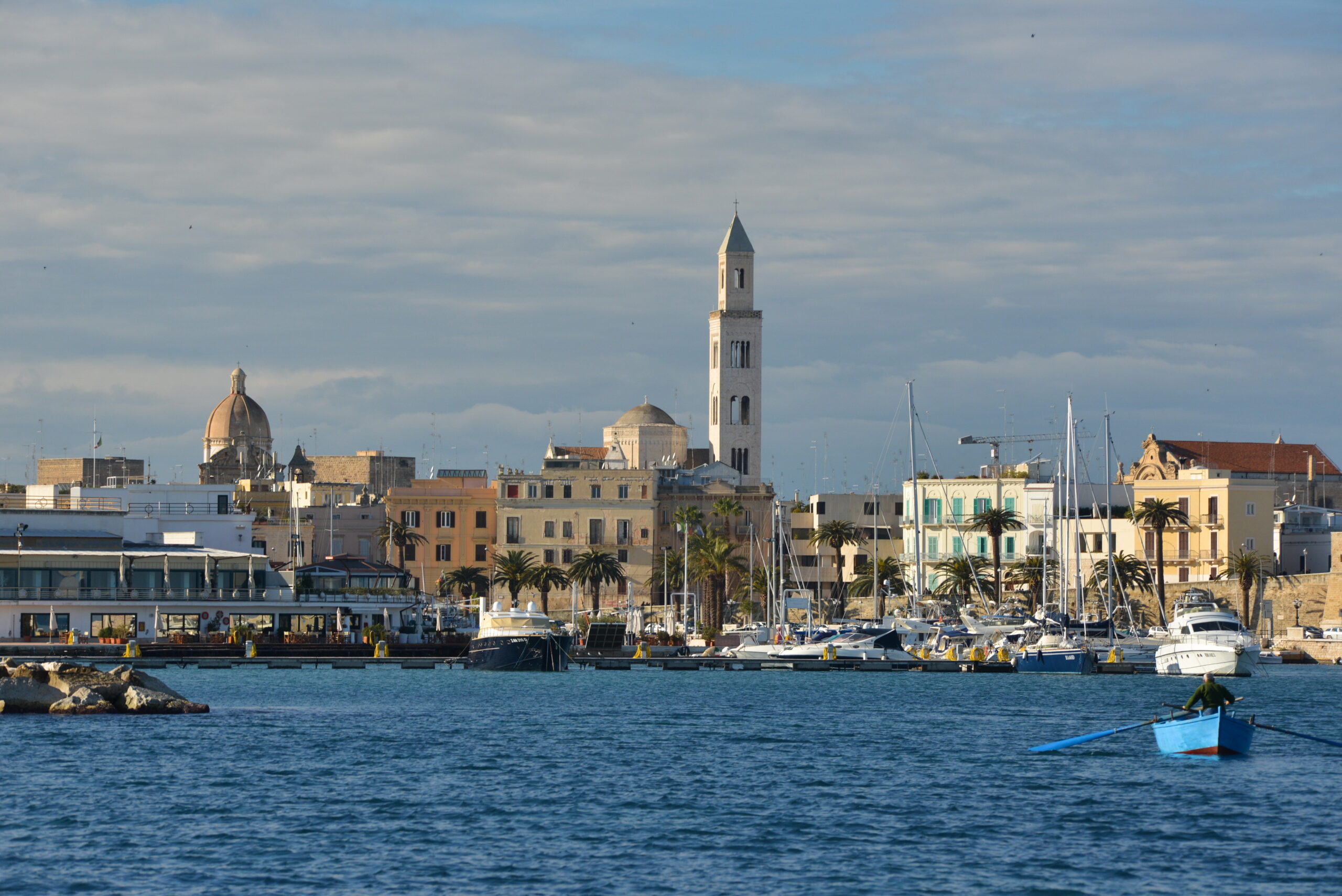The Puglia region of southern Italy is experiencing intensifying climate-related challenges, from water scarcity and coastal erosion to increasingly extreme weather events. Since the RESIST Project began in 2023, these issues have persisted and even worsened in certain respects – with the southernmost part of the region experiencing its longest ever heatwave in July 2024, albeit within a context of considerable variability. most popular destinations.
Water scarcity is becoming a year-round structural issue that is not only impacting agriculture but also threatening to disrupt the water supply in urban areas and tourist destinations. Meanwhile, coastal erosion continues to endanger infrastructure, ecosystems, and seaside tourism facilities along Puglia’s Adriatic and Ionian shores.
New challenges are also emerging. Urban overheating, increased fire risk in natural parks, and the growing vulnerability of cultural heritage sites to extreme weather have all become central issues. These developments underscore the need for flexible, forward-looking climate adaptation strategies, which is precisely the mission of the RESIST Project.

A Regional Response to Climate Threats
In response, Puglia has been working through RESIST to build a structured, multi-faceted approach to climate resilience in the tourism sector. Led by the Puglia Region – Department of Tourism, Economy of Culture, and Valorisation of Territory – in partnership with Tecnopolis – Science and Technology Park of the University of Bari “Aldo Moro”, the region is undertaking significant research, stakeholder engagement, and planning activities.
A region-wide survey was distributed to over 9.500 tourism operators across Puglia, and received more than 365 responses. These included hoteliers, tour operators, cultural institutions, and public administrators. The survey was complemented by 14 in-depth interviews with key players and experts, providing a deeper understanding of climate risk perceptions and the sector’s current capacity to adapt. While many stakeholders recognised the impact of extreme heat, and few had already taken limited adaptation measures – the lack of organisational and structural actions to cope with climate risks helped shape RESIST pilot initiatives.
One standout idea is the development of “climate shelters” – cool, safe indoor spaces such as museums, libraries, and cultural venues where both tourists and locals can find respite during heatwaves. Although successfully trialled in other parts of Europe, in Puglia this concept is still in its early stages. Through RESIST, work is underway to identify suitable venues and explore how climate shelter functions can be integrated into their summer service offerings to cater for the needs of tourists and residents alike.

Learning from Catalonia
Puglia is also part of a transfer process with Catalonia in Spain, adapting innovative tools and methodologies to the regional context. This is part of the RESIST approach of sharing and mainstreaming solutions to twin regions. Three key solutions are being tested: the Argos early warning system, Impact-Based Site-Specific Warnings (SSW), and the Citizen Participation Toolkit for Natural Risks and Climate Change.
These solutions are currently being piloted in Bari, where tourism is booming even as extreme weather events become more frequent. The aim is to provide real-time alerts and guidance – through a new digital app – to help residents and visitors navigate extreme heat safely. This includes directing people to cooler spaces such as green areas, churches, and cultural sites, which could function as informal climate shelters.
The Citizen Participation Toolkit is helping to engage public bodies, tourism operators, and communities in co-designing local adaptation strategies. The participatory approach ensures that messaging and solutions also reach vulnerable or underrepresented groups.
Though still in the early stages, these efforts are laying the groundwork for scalable, region-wide adaptation strategies that integrate tourism planning with climate resilience.
Positive Momentum and Key Challenges: Looking to the Future
The RESIST project has already paved the way for important outcomes, which are set to have a significant impact. Among others, the activation of a sustained dialogue on climate and tourism involving thousands of stakeholders is creating new channels of collaboration between public institutions, experts, and private operators.
Notable improvements are underway in the ability of local authorities and tourism businesses to understand and address climate risks, and RESIST is set to play a crucial role in embedding climate resilience into regional tourism policy discussions.
However, challenges remain. A major issue is the disconnect between long-term climate planning and the immediate operational concerns of tourism businesses – especially smaller enterprises still recovering from the impact of the COVID-19 pandemic. Many lack the resources to invest in adaptation measures. Another ongoing hurdle is the need for integrated governance across sectors including energy, tourism, culture, mobility and infrastructure.
Building on this momentum, Puglia is now focused on embedding climate resilience into policy, spatial planning, and investment strategies. The goal is to make the digital alert tool and participatory processes part of the everyday experience for tourism operators and visitors, particularly during periods of extreme heat.
There is strong potential for the participatory approach to be replicated across the region, supporting the development of tailored, bottom-up solutions that can be integrated into broader regional policies.
Ultimately, RESIST aims to go beyond crisis response. The project is helping to foster a broader cultural shift – one that reimagines tourism in a way that respects natural rhythms, values local knowledge and heritage, and prioritises human well-being.

A Vision for Sustainable Tourism
Puglia, a region steeped in history and tradition, has long shown a capacity for transformation. What RESIST is revealing is that climate challenges can be turned into opportunities – not just to protect the tourism sector, but to reshape it into something more sustainable, inclusive, and meaningful.
As the region continues its journey towards climate resilience, the hope is that Puglia can become a model for the Mediterranean – a place where tourism and climate adaptation go hand in hand, setting a new standard for sustainable travel in a warming world.













